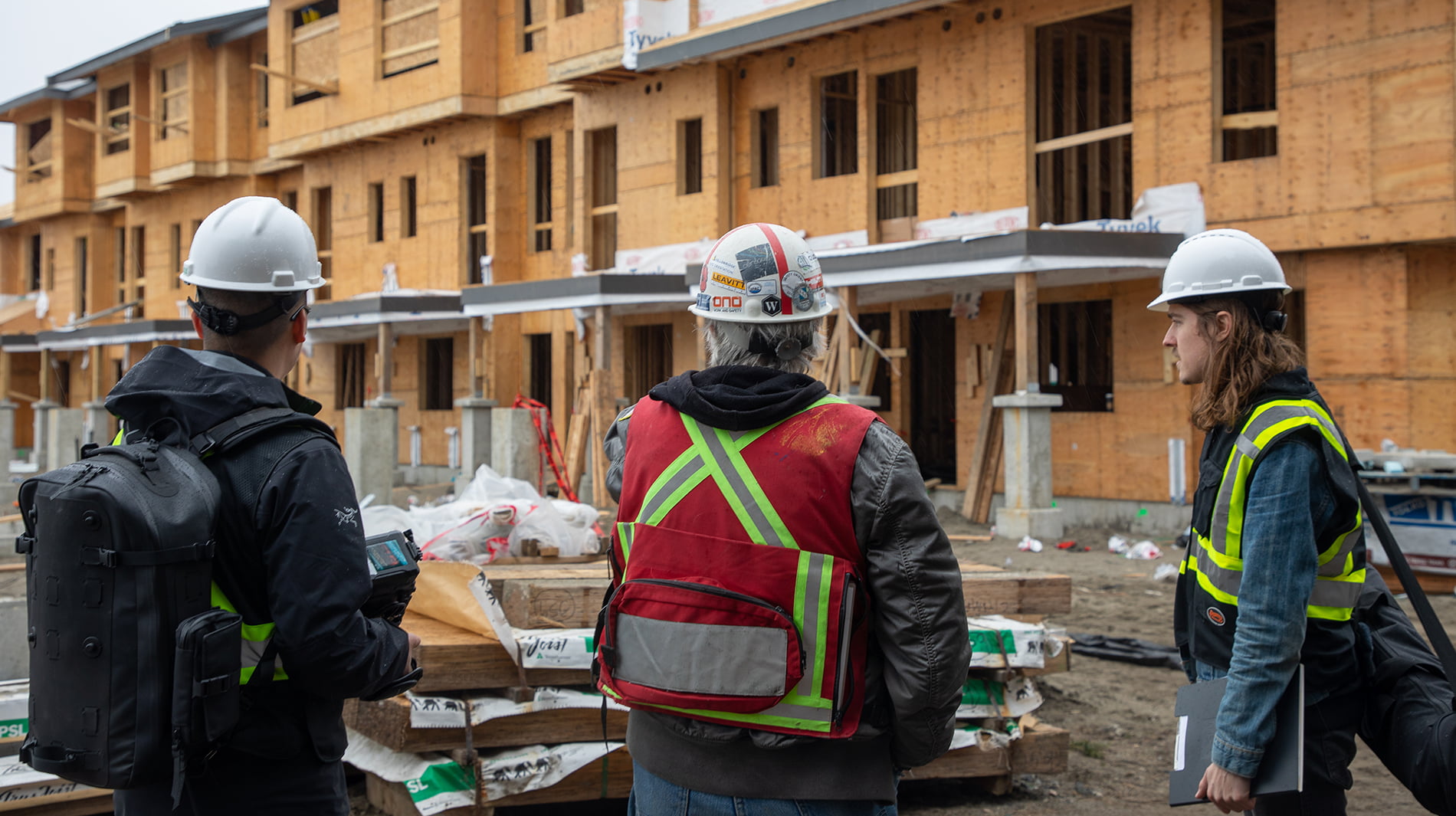Residential vs. Commercial Development: What You Should Know
Residential and commercial development plays a big part in shaping the economic nature of the Texas area as well as the livability aspects for residents. While certain size, permitting and zoning similarities will be applied to both types of land development, there are major differences when it comes to purchasing land for real estate development.
Special considerations may apply to the building, such as whether a residential home meets the architectural criteria when being built in a historic or heritage neighborhood, or zoning restrictions for a commercial building due to it being contentious to the community. Here are several things you should know about residential versus commercial development.
Permitting Differences
The development and zoning permits will differ between residential and commercial projects based on the zoning districts. For example, Texas’s permitting regulations from its City Council are based on community goals and the betterment of its neighborhoods. While industrial factories cannot be prohibited outright from being built in a residential area, conditional zoning regulations can set limits based on site coverage, building height, floor area, land use, and the design of the buildings.
While these considerations also impact residential housing, it is far easier to build residential real estate that adheres to these regulations than it is to build commercial development due to the necessary operations of the company. A company may require a greater amount of floor area or will be performing manufacturing functions that can negatively impact land use. This circumstance may result in the commercial developer seeking a different neighborhood that will have more ideal zoning regulations that fits the company’s business goals.
In addition, often commercial developers will need to obtain more permits for the construction of their buildings than do residential developers. If the commercial building will have cooling towers, large water fountains, and special non-potable building water systems, they will need to have an operating permit.
Size Restrictions
Building sizes are often restricted to certain limits in zoning areas to reduce overshadowing other existing buildings and to preserve views. Not only are residential and commercial buildings limited by how large they can be, they can also be restricted by how small they may be built, such as a neighborhood restricting the construction of tiny homes that are 500 square feet or smaller due to safety concerns. Zoning boards typically use Floor Space Ratios (FSR) to control the size of constructed buildings.
Safety During Development
Both residential and commercial developers and contractors have to take into account the safety of workers constructing the buildings and the general public who may be traveling by the construction site. Both types of construction will have similar safety concerns, such as making sure that heavy equipment is used by professional operators and that all worksite hazards are eliminated or minimized to prevent accidents and injuries.
Commercial developers also have to take into consideration the added hazards that will be faced due to the larger scope of the project. Larger sizes of earthmoving equipment, the increase in the number of equipment that is used, and the complicated architectural plans are additional factors.
Length of Project
The size and complexity of land development will dictate the length of the construction project. Typically, commercial development can take several years to complete versus residential development, as this longer schedule can significantly increase costs for labour, materials and rental equipment. Yet residential developers should also be wary of scope creep even for smaller residential building construction. The costs could be more than the homeowner can afford and halt further building construction.
When it comes to residential or commercial land development, have the earthmoving equipment suited for the task. Contact Rent1 for equipment rentals and professional operators for your next project in Texas, British Columbia.


